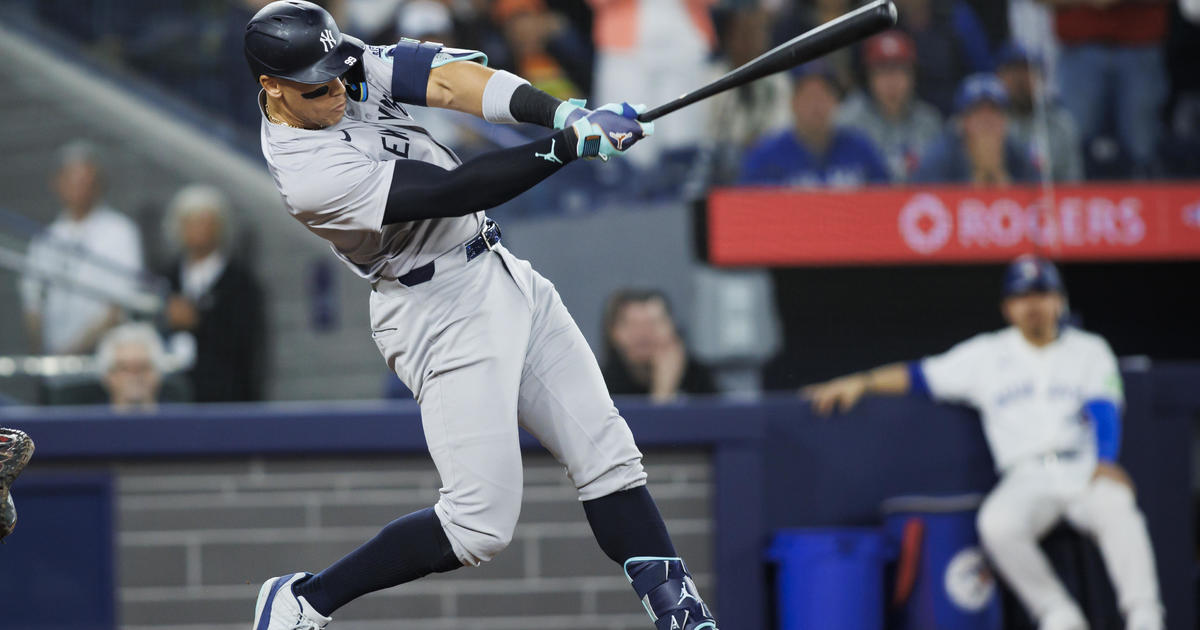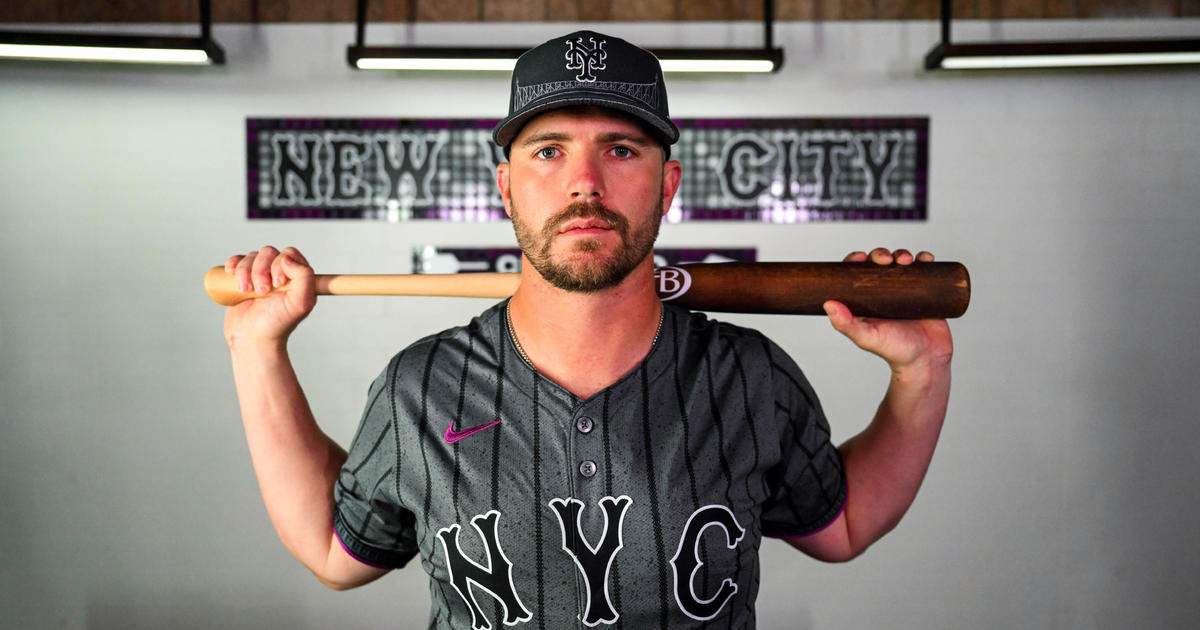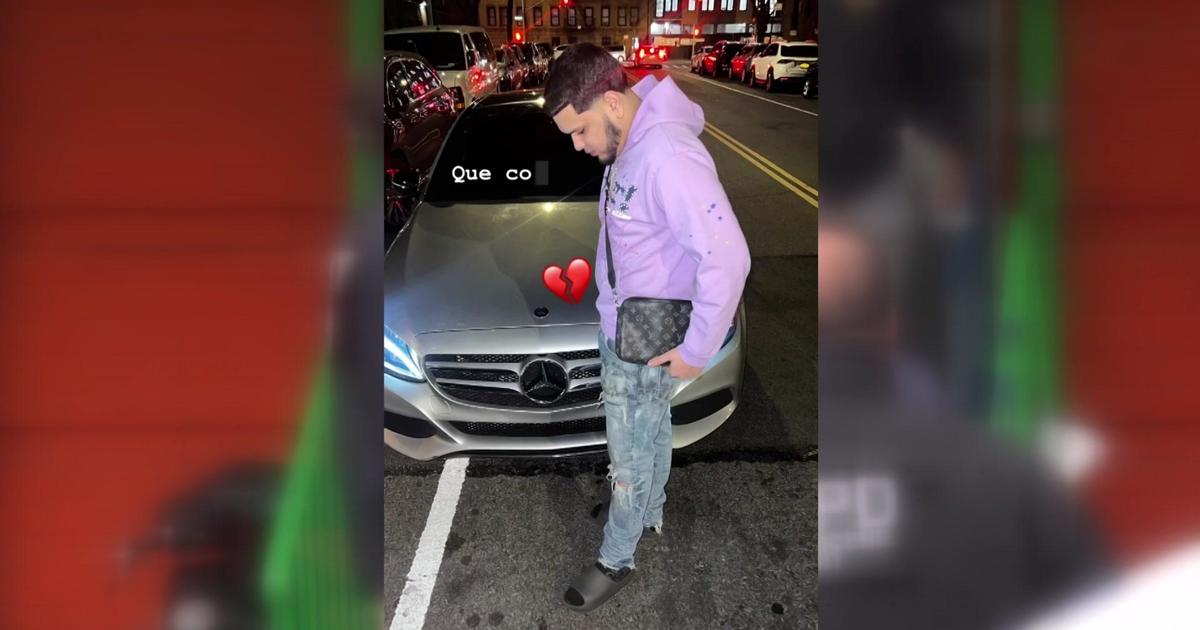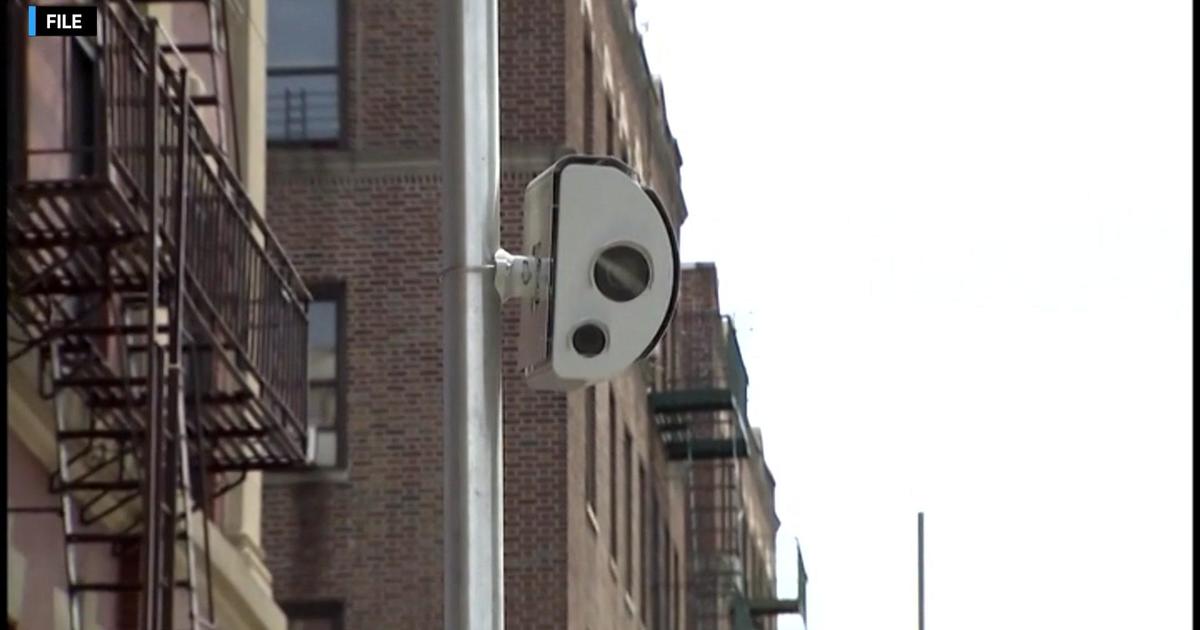Palladino: Athletes Do Themselves A Disservice By Utilizing Social Media
By Ernie Palladino
» More Ernie Palladino Columns
Twitter and Facebook were made to bring us together as a society. And yet, they tear us apart just as much, especially when the users of these social-media sites decide that their lives have become one with the athletes they follow.
We saw the dark side of social media once again after the Giants' 23-7 win over the Vikings, a victory that running back Brandon Jacobs had absolutely nothing to do with. Instead, a street clothes-clad Jacobs watched the game from the sidelines as he nursed a bad hamstring.
That's when the cyber realities of the 21st century combined with one fan's madness to turn Jacobs' night into a nightmare. Obviously upset over the running back's fantasy production this year, some genius allegedly named Andre Rayner tweeted out a death threat to Jacobs and his family. Unless he scored two touchdowns and ran for 50 yards, it was going to be lights out for Jacobs.
The windup on Tuesday had Jacobs and the Giants sending the matter to NFL security, which presumably will track down the now-repentant, always-cowardly tweeter and subject him to due prosecution.
If only the story would end there. But it won't.
Social media, you see, is a monster that has consumed athletes and fans alike in its evil cycle. Athletes like Jacobs use it, sometimes stupidly, to get closer to their admirers. And the fans, unrealistically and sometimes psychotically, believe that the athlete is no longer just an image on a screen or a player on a field, but someone they know. Worse yet, they believe it is someone they can cajole and threaten, sometimes in the extreme.
This is exactly what happened in Jacobs' case. Rayner became one of the "little cyber-gangsters" that Jacobs complained about as recently as a week ago. They're tough talkers as they hide behind a Twitter handle, but suddenly turn gutless when somebody like Jacobs calls their bluff.
Think about this, though. Celebrities like Jacobs and Mark Sanchez, who received death threats of his own last year after losing to the Titans, do leave themselves open to these sorts of threats. They're out there on Twitter themselves, communicating with fans by posting their innermost thoughts. Their own posts have gotten them into trouble enough, even as some of their musings have entertained their followers.
The Osi Umenyiora/LeSean McCoy Twitter war of 2011 was a real hoot, as McCoy triggered everything by butting in on Umenyiora's contract battle with Jerry Reese. "Overrated n soft 3rd best d-line on his team, honestly," the Eagles' running back tweeted. Umenyiora responded, calling McCoy "Lady GaGa," to which McCoy retorted in a tweet that depicted Umenyiora as a "ballerina."
They nearly came to blows on the field before they mutually put the matter to rest.
We see the firestorm that Colts owner Jim Irsay started with his critical tweets about Peyton Manning's championship track record -- or the owner's perception of the lack of one. At least Eli's big brother hasn't used his 140 characters to threaten to punch Irsay's lights out.
The point is that athletes and owners -- really, any celebrity -- do themselves a disservice by utilizing social media. By its very nature, the media has given even the most modest of users an overinflated sense of self-importance. It has turned the egotistical and self-absorbed athlete into an even larger bigger-than-life entity. Mere admirers -- the fans that these athletes should know to keep at arm's length -- believe that they have become part of the athletes' lives, and the athletes' theirs. Important parts, to the point where the athlete is there to serve their personal needs.
And then one takes it about 10 steps too far and everybody is shocked.
Why?
You May Also Be Interested In These Stories



